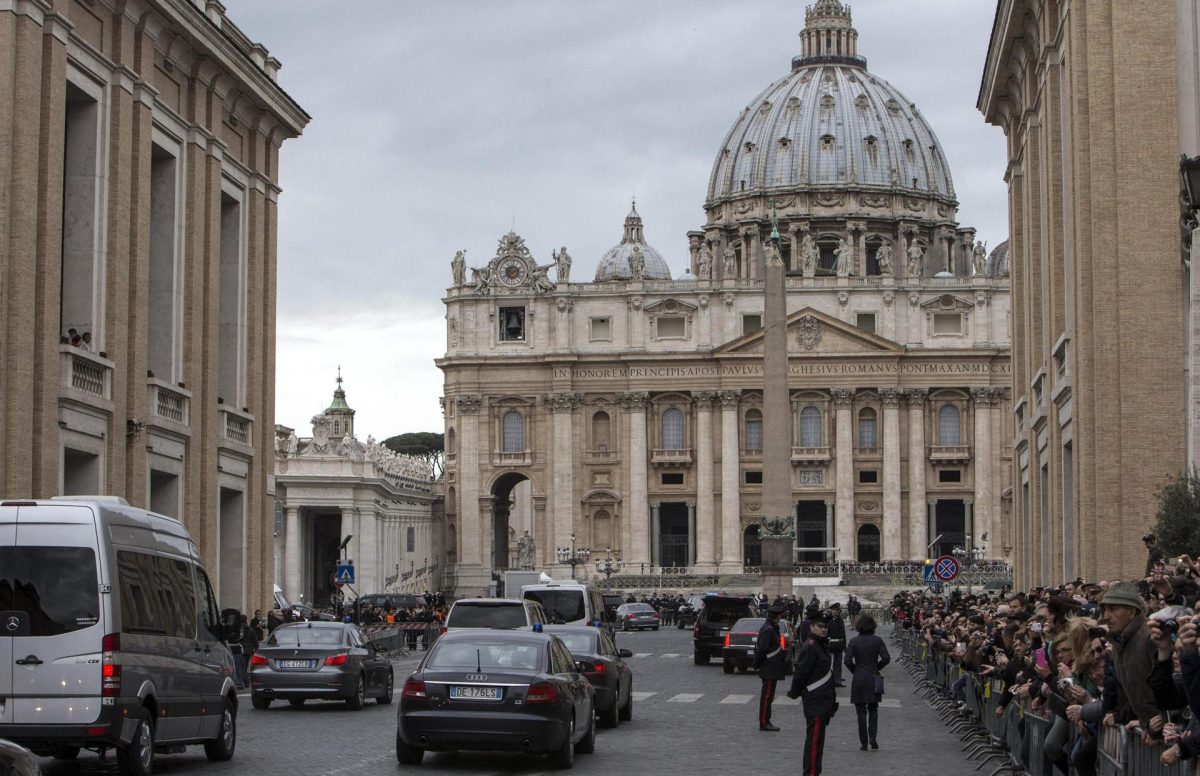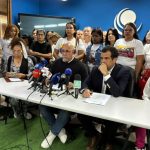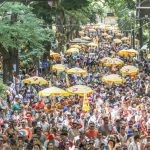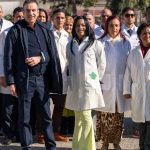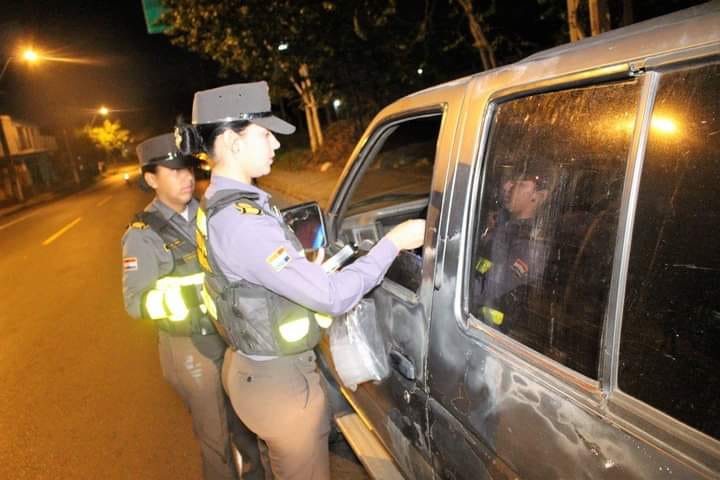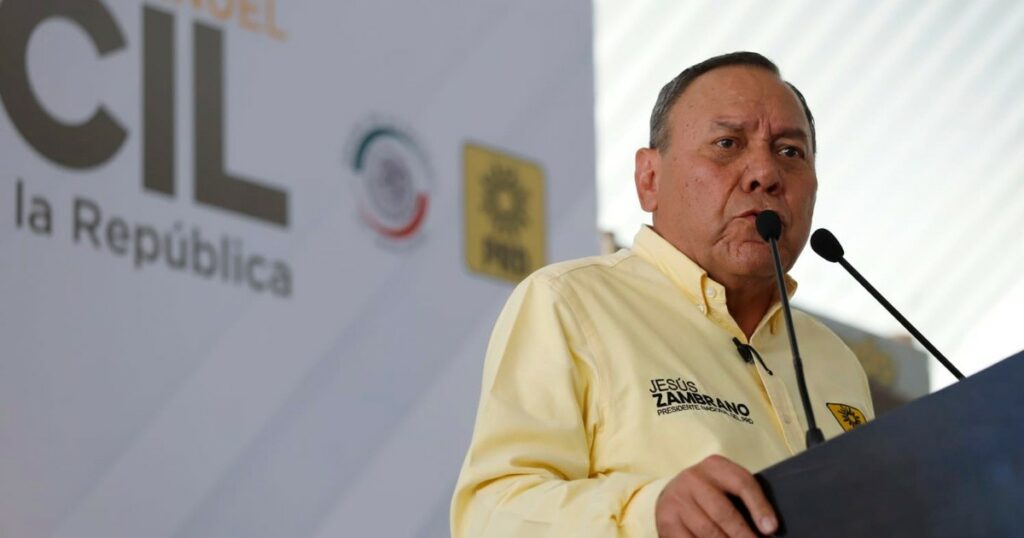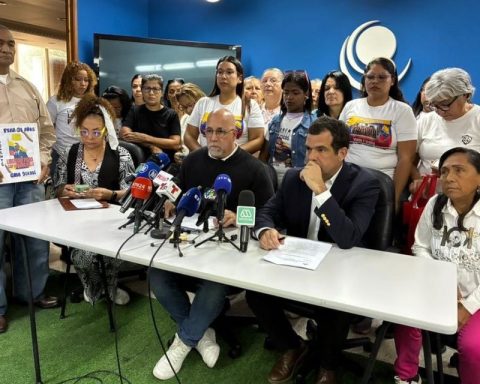The severance of diplomatic relations with the Vatican, unilaterally decreed by the dictator Daniel Ortegawill cause “more international isolation for the Ortega Murillo regime,” experts and former diplomats agreed, on the consequences of this abrupt suspension after more than a century of relations with the Holy See.
“Not even Cuba or Venezuela have done something similar,” said a diplomatic source, who also warned that “by ignoring the Vatican and the Nunciature, Ortega can now claim to intervene even in the appointment of bishops.”
“But the Church, added this diplomatic source, has hundreds of years of experience with this issue, and other countries are going to react by condemning Ortega and showing solidarity with the Church and Pope Francis.”.
CONFIDENTIAL revealed this Sunday that the representative of the Sandinista government before the Holy See, Yara Suhyén Pérez Calero, “verbally” communicated the break in relations at the Vatican Secretariat of State in Rome. The regime reacted to the news and assured that “between the Vatican State and the Republic of Nicaragua a suspension of diplomatic relations has been proposed”.
Former US Ambassador to Panama John Feeley said: “This break is an important milestone. The Holy See, no matter how holy it is, has limits to its patience like other mortal beings.”.
“I think that Francisco has been up to date and detailed for a long time, but due to the traditional Vatican diplomacy that always rewards an open channel, even with a malicious regime, he finally recognized the exiles; that it is time to put the matter of forgiveness in the hands of the Lord, while he speaks as a man who respects human rights and human decency, ”said the American diplomat.
The dictatorship made the decision a few hours after an interview with Pope Francis was published, in which for the first time he referred forcefully to the attacks of the regime against the Catholic Church. “With great respect, I have no choice but to think about an imbalance in the person who leads (Daniel Ortega). There we have a bishop in prison, a very serious man, very capable. He wanted to give his testimony and did not accept exile”.
“It is something that is outside of what we are experiencing, it is as if it were bringing the communist dictatorship of 1917 or the Hitlerite dictatorship of 1935, bringing the same here… They are a type of rude dictatorships. Or, to use a cute distinction from Argentina, guarangas”, concluded the holy father.
The situation of Bishop Álvarez is worrying
While the former Nicaraguan Foreign Minister Norman Caldera considered that “the break with the Vatican is a hasty measure that puts Nicaragua at the level of China and North Korea, and two other communist countries and eight Muslim countries. What worries me the most is that it takes away protection from Bishop (Rolando) Álvarez and the Committee of the International Red Cross (ICRC) should be asked to take charge of ensuring his health and condition in La Modelo prison.”
Monsignor Rolando José Álvarez, Bishop of the Diocese of Matagalpa and Apostolic Administrator of the Diocese of Estelí, who is confined to a maximum security cell in the La Modelo penitentiary system, in Managua, and was illegally sentenced to 26 years and four months in prison for alleged crimes considered “treason,” after he refused to be exiled. The religious leader refused to get on a plane that would take him, along with 222 other Nicaraguan political prisoners releasedall opponents, towards the United States, which provoked the fury of Ortega, who branded him as “arrogant”, “insane” and “energúmeno”.
“The now constant appearances of Humberto Ortega, increasingly focused on one side, and the actions of the Government indicate that they are either playing the role of good cop and bad cop, or that they have serious disagreements. This could be the straw that breaks the camel’s back for the next step of the UN Commission on Human Rights,” Caldera said.
“I don’t think Ortega has won anything at the international level with this measure, said former Foreign Minister Caldera, but I see him taking increasingly strong steps to satisfy increasingly minority groups within Nicaragua,” said the former Foreign Minister.
More persecution against the Church
Martha Patricia Molina, lawyer and researcher, foresees that this rupture will increase hostilities towards the Nicaraguan Catholic Church, for which there will be “more siege, defamation and persecution” against the clergy.
The Government —through its repressive machinery, headed by the National Police— has closed Catholic radio stations, desecrated churches, expelled the apostolic nuncio, Monsignor Waldemar Stanislaw Sommertagand 18 nuns of the Missionaries of Charity order, prohibited processions, imprisoned and sentenced a bishop, banished and declared “stateless” eight priests.
“The dictatorship is so disastrous that it could even prohibit Catholic worship or establish more impediments for the acts of Catholicism to be carried out,” warned the researcher who presented the report last November. report “Nicaragua: A Persecuted Church”, through which he documented at least 396 attacks against the Catholic Church in Nicaragua, between 2018 and 2022.
Besides, Ortega has called the Nicaraguan bishops “terrorists” and “coup plotters”whom he has also accused —without evidence— of being accomplices of internal forces and international groups that, in his opinion, “act in Nicaragua to overthrow him.”
With the measure, Ortega and Murillo have put an end to a diplomatic relationship of at least 115 years, since Relations between Nicaragua and the Holy See were born in 1908.
“Only believe what the Holy See communicates”
Molina considered that the regime’s statement, issued by the Ministry of Foreign Affairs, “is a facade of what is already happening in reality.” The note from the Foreign Ministry suggests that there was a negotiation between the two parties.
“In the specific case, I would only believe what the Holy See communicates in this regard. President Ortega has never behaved like a leader who respects democracy and human rights. He is a dictator and, therefore, does not resort to international treaties and conventions, for a coherent deal with democratic countries, ”he emphasized.
He explained that, in the international community, there are actions prior to the rupture or “suspension” of diplomatic ties, such as summoning an ambassador to the Ministry of Foreign Affairs to express the inconvenience or deliver a protest note; the expulsion of lower-ranking diplomats; calls for inquiries to the ambassador; and the withdrawal of the ambassador. “The Nicaraguan dictatorship has already exceeded these limits by expelling the apostolic nuncio”
The former ambassador and political analyst, José Dávila Membreño, told the newspaper La Prensa that suspending or breaking diplomatic relations with the Vatican “is the biggest diplomatic mistake that a Latin American government has been able to commit in history.”
“Breaking relations with the Holy See acquires the level of a global diplomatic scandal, due to the universal character of the Vatican State,” Dávila affirmed.
